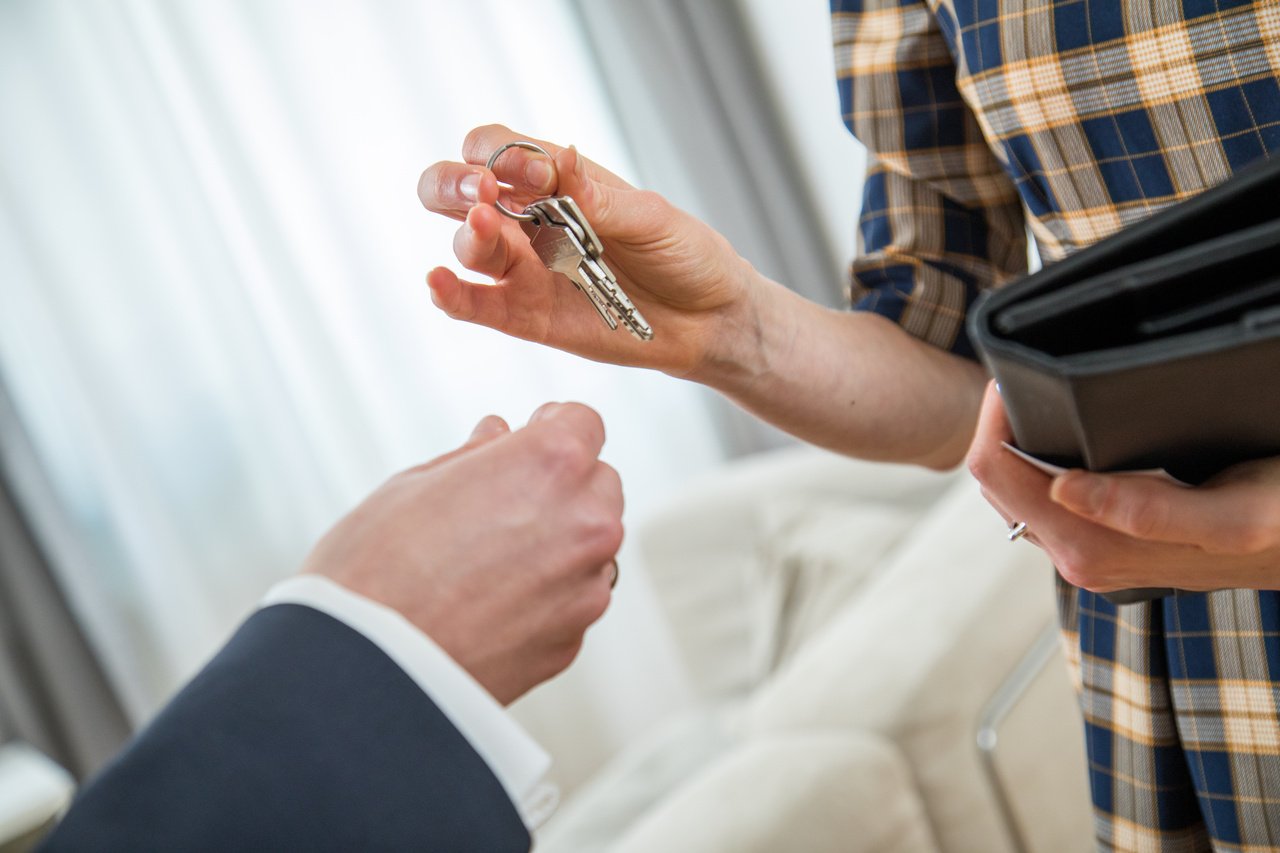Remember those halcyon days of childhood, when you would ride your bike for hours or climb trees with friends? With the introduction of modern technology and increased road traffic, many children are missing out on this experience entirely.
Instead an increasing number of children in Germany between the ages of three and 13 spend almost an hour-and-a-half watching TV each day. On top of that, they spend almost the same amount of time staring at a computer or smartphone screen. That’s around three hours of being indoors and inactive every day.
Find out more about Phorms Education in Germany
Maria Tasker, a British biology teacher at the Phorms school Josef-Schwarz-Schule in Neckarsulm, Baden-Wurttemburg, understands the importance of fresh air for children. She also believes that the best way to learn biology is by being immersed in the natural world. It’s for these reasons that Maria regularly takes her classes outside for practical lessons. Unlike some schools, these lessons are not infrequent field trips but an integral part of her teaching programme.
For two days last term, Maria took her year 5 and 6 classes out into a copse close to the school to search the leaves for invertebrates, beetles, snails and woodlice.

“The children were completely overwhelmed as the creatures were literally exploding out of the leaves. It makes them so happy,” says Tasker.
Like some other teachers at Phorms, Tasker started her working life in the field she now teaches. As a biology graduate she gained her passion for natural sciences from being outdoors when she was young and wants to pass this interest onto her pupils.
“As a teacher, you can’t succeed in passing on real deep knowledge, beyond pure learning by rote, if you don’t allow students to feel reality,” she says.
Tasker is not the only teacher at a Phorms school who is using nature to help her students learn. Whilst her classes involve direct study of nature, Cristina Follmer, a teacher at the Phorms Taunus Campus in Frankfurt, also takes her music classes outside.
“The wood gives us natural music. Children need that,” says Follmer, who, like Maria Tasker, didn’t follow a straight career path to her job. The daughter of German parents, earlier in life she led the ‘Coralito’, a small choir at Teatro Colón in Buenos Aires, Argentina. But even there, Cristina Follmer endeavoured to sing outside as often as possible. “There’s always an echo inside,” she says, “but not in the woods. It’s all voice there – not the echo of an often soulless man-made building.”
Follmer teaches years 1 to 4 and encourages them to collect natural instruments from the wood and make music with them, sticks for claves, stones for cymbals and xylophones.
“I see time and time again that children need this. None of them ever refuse to be taught outside!”

Both Follmer and Tasker find Phorms to be open to their approach to education. Follmer feels the school really understands her way of teaching.
“The school understands what the children need, and that always teaching in a classroom isn’t the right way.”
Some years ago this kind of teaching would have been seen as somewhat radical but there is an increasing body of research which says that time spent outside in the natural environment is beneficial to health and learning. Stress hormones reduce and the brain is rested and more ready to learn and to be stimulated. A team of environmental educators has found that the natural environment stimulates children’s cognitive abilities but increasingly children are stuck indoors, simply expected to absorb facts or distracted by screens where they create fantasy worlds rather than running and playing in nature, even when it is close by.
Tasker recalls her own childhood and how her exposure to nature impacted on her.
“I have lots of memories about how it feels to be outside. My teaching is about remembering the source of my own interest.”
Boris Braun, is secondary school science teacher at Phorms Campus Hamburg. He works with children older than Follmer and Tasker but his ethos is the same.
“In lessons in enclosed classrooms they would be presented with content and exercises, and have to reproduce them, so they would have little scope for personal growth and self-awareness. Whereas outside the classroom, they can experience the lesson’s contents with their senses and apply what they learn straight away. It also means they are able to concentrate for longer.”

Photo: Phorms Education
Nature has a beneficial impact on both the brain and the body. Although these teachers alone can’t stem the trend of children spending less time outside, they are leading the way to making learning less stressful and more immersive. Making their classes about learning from life around us rather than treating children simply as vessels to be filled with facts and knowledge, the teachers at Phorms are leading the way in how to engage children in nature and the world around them.
Find out more the bilingual network of Phorms Education schools
This article was produced by The Local Creative Studio and sponsored by Phorms Education.







 Please whitelist us to continue reading.
Please whitelist us to continue reading.